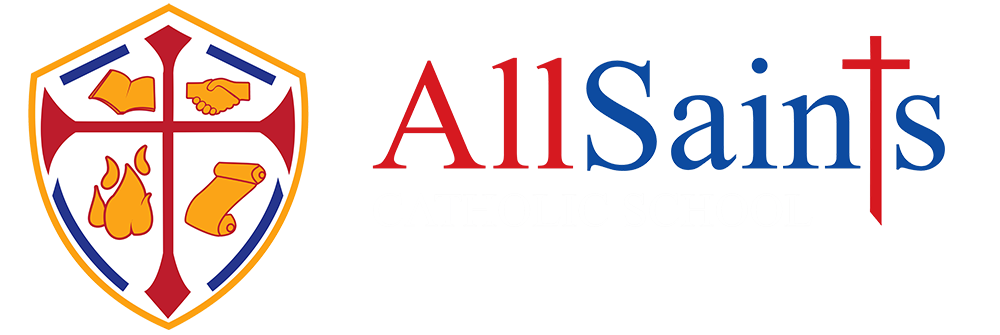Sociology
Head of Department:
Miss Terry (mterry@allsaintsschool.co.uk)
Key skills (subject specific) that are developed:
The Sociology curriculum aims to inspire students to develop a deep understanding of society in the UK today, analysing how society has arrived at its current position and suggesting how it may continue to evolve. The curriculum is academically rigorous, incorporating scientific, mathematic and subject specific content in order to develop students as critical thinkers and evaluative learners. Learning is framed around the students understanding of the world around them and applying new knowledge to real world examples and contemporary affairs. All students will develop key skills such as analysis, discussion and evaluation and apply their knowledge to a variety of scenarios both inside and beyond the classroom to become truly independent learners, regardless of attainment/background.
Sociologists are interested in why society works in the way that it does and the extent to which our behaviour and opportunities can be shaped by our social class, age, gender and ethnicity. We question the society in which we live in order to understand the relationship between individuals and institutions such as the media, the education system, the criminal justice system, the political systems, belief systems such as religion, and the family.
By critically studying the way that our everyday lives are affected by and related to such institutions, A level Sociology seeks to provide students with the necessary “tools” to analyse and evaluate information, understand historical social development, form coherent written arguments, make decisions and form judgements about themselves and the world around them which will be of lasting value for the successful navigation of their future.
KS5
Summary
AQA exam board. Assessment is through three external examinations. Each written exam is 2 hours and comprises of 80 marks in total, weighted as 33.3% of overall A-Level. Students will be guided towards their target/predicted grade by teacher marking and feedback.
Students will sit 6 half-termly assessments in Year 12, including a mock exam in the Summer term. Students in Year 13 will sit 5 half-termly assessments, including two mocks exams; one in December and one in March.
Additional Reading:
Durable Inequality - Charles Tilly (FAMILY & HOUSEHOLDS AND EDUCATION)
Paying for the Party - Elizabeth Armstrong & Laura Hamilton (EDUCATION)
So you've been publicly shamed - Jon Ronson (CRIME AND DEVIANCE)
Biased - Jennifer L. Eberhardt (General sociology book for all topic)
Useful websites:
https://hecticteachersalevelsociologysite.wordpress.com/

